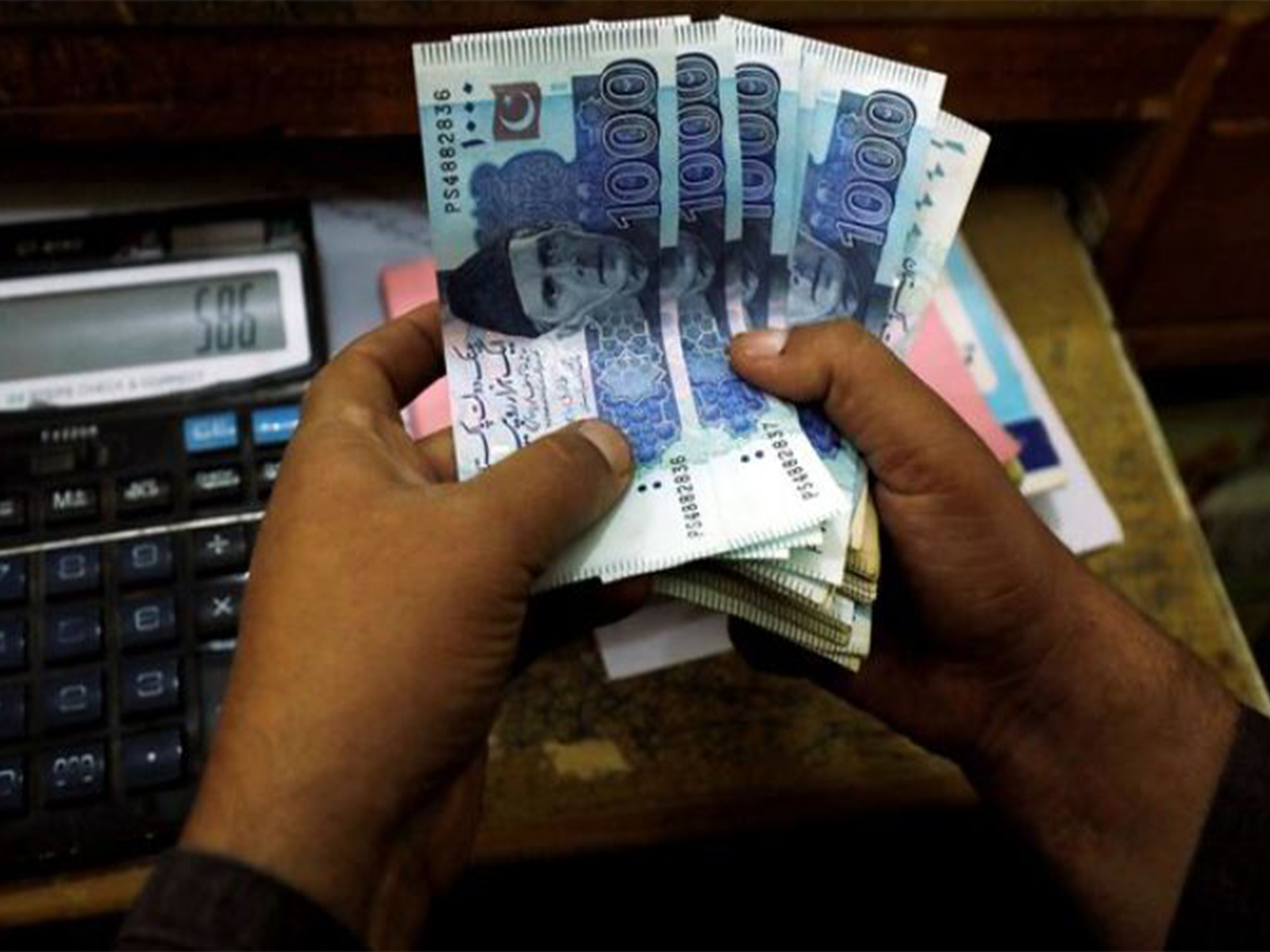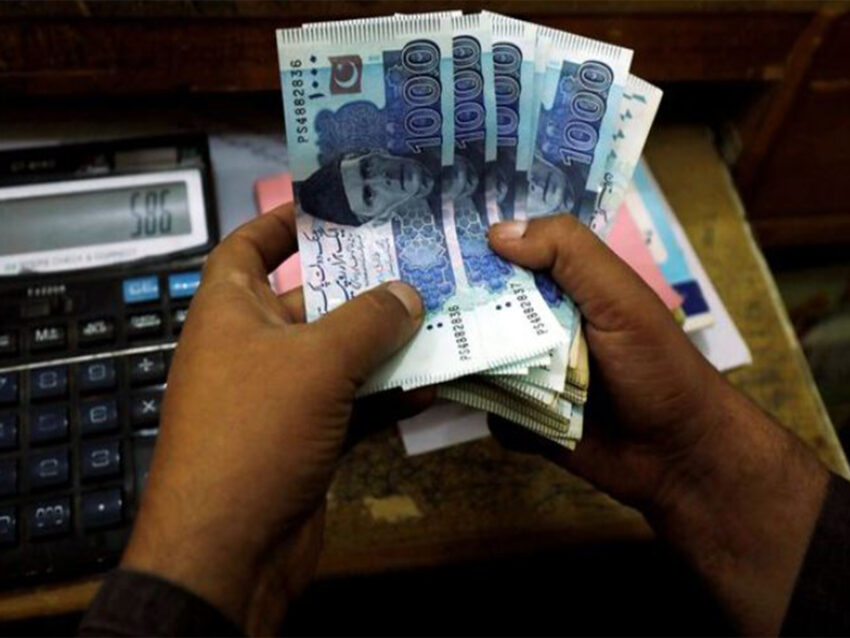
Karachi [Pakistan], October 13 (ANI): Pakistan’s economy, despite official claims of stability and fiscal discipline, continues to be mired in deep socio-economic turmoil. While the government touts a steadier exchange rate, higher foreign inflows, and a revived stock market, the majority of Pakistanis remain trapped in economic hardship. The benefits of these macroeconomic gains have failed to trickle down to ordinary citizens, exposing the stark divide between policy narratives and lived realities, as reported by The Express Tribune.
According to The Express Tribune, a recent World Bank report, “Reclaiming Momentum Towards Prosperity: Pakistan’s Poverty, Equity and Resilience Assessment (2025)”, paints a grim picture of rising poverty. The national poverty rate has surged to over 25.3% in FY 2023-24, pushing nearly 13 million Pakistanis below the poverty line. The report further reveals that when measured against the updated international poverty benchmark of $4.20 per day, about 44.7% of the population, nearly half the nation, lives in deprivation. This marks a reversal from earlier years, when poverty had declined from 64% in 2001-02 to 21.9% in 2018-19.
The World Bank attributes this regression to structural weaknesses and successive shocks, including the pandemic, global commodity price surges, and the devastating 2022 floods. These crises, compounded by persistent inflation and fiscal mismanagement, have eroded household incomes and deepened inequality. Inflation remains Pakistan’s most severe challenge. Data from the Pakistan Bureau of Statistics shows consumer prices jumping 31.4% year-on-year in September 2023, up from 27.4% a month earlier. Although inflation fell to 6.9% by September 2024, food essentials such as wheat, cooking oil, and pulses continue to rise sharply, leaving little relief for the poor, as highlighted by The Express Tribune.
The World Bank cautions that Pakistan’s overreliance on austerity and monetary tightening under international lending pressures has worsened poverty. The report calls for a shift toward inclusive policies expanding social safety nets like the Benazir Income Support Programme, investing in job creation, and reforming regressive taxation. Without meaningful reforms, Pakistan risks remaining trapped in a cycle where “stability on paper” coexists with growing poverty on the ground, as reported by The Express Tribune. (ANI)


